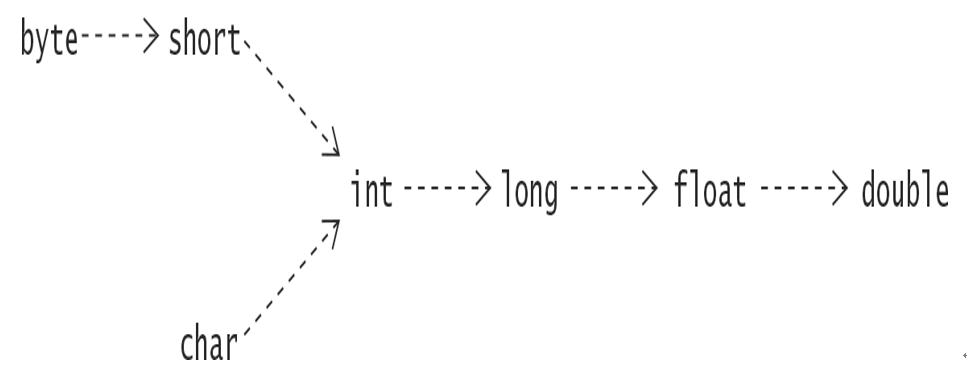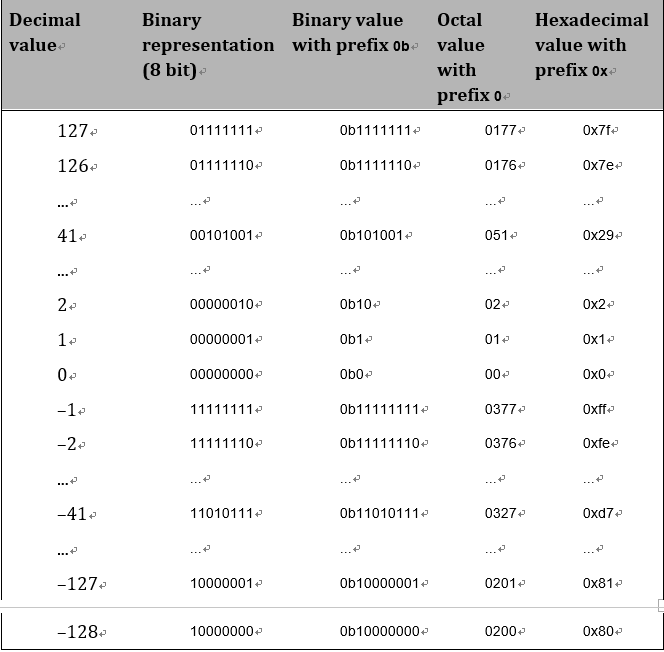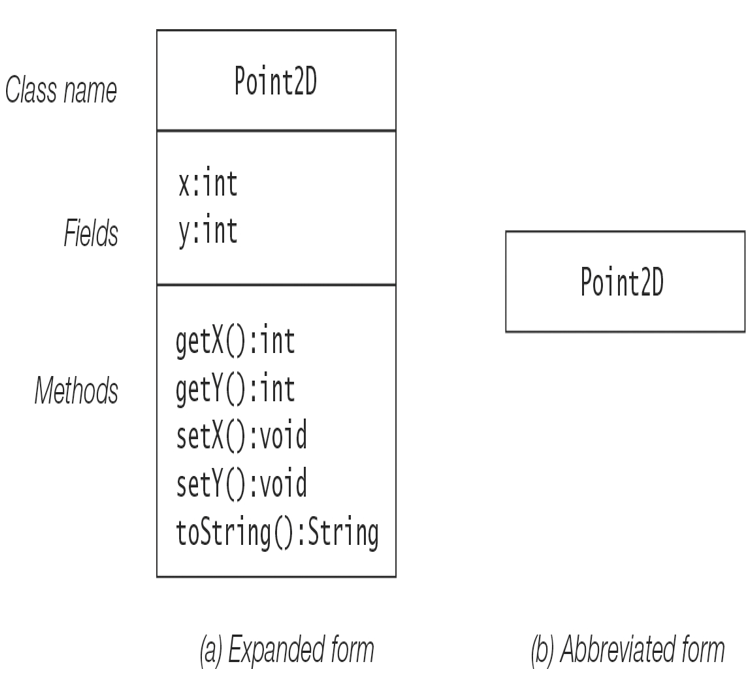Blogs
-
Classes – Basics of Java Programming
1.2 Classes One of the fundamental ways in which we handle complexity is by using…
-
Method Invocation Context – Basic Elements, Primitive Data Types, and Operators
Method Invocation Context Method invocation conversions that can occur in a method invocation context are…
-
Numeric Promotion Context – Basic Elements, Primitive Data Types, and Operators
Numeric Promotion Context Numeric operators allow only operands of certain types. Numeric promotion results in…
-
Compiling a Program, Evaluation Order of Operands, Numeric Promotion Context, Oracle Certification Exam, Primitive Data Types, The Floating-Point Types
Evaluation Order of Operands – Basic Elements, Primitive Data Types, and Operators
2.6 Evaluation Order of Operands To understand the result returned by an operator, it is…
-
Objects – Basics of Java Programming
1.3 Objects Class Instantiation, Reference Values, and References The process of creating objects from a…
-
Instance Members – Basics of Java Programming
1.4 Instance Members The methods of an object define its behavior; such methods are called…
-
Compiling a Program – Basics of Java Programming
Compiling a Program The JDK provides tools for compiling and running programs. The classes in…
-
Static Members – Basics of Java Programming
1.5 Static Members In some cases, certain members should belong only to the class; that…
-
Compiling a Program, Evaluation Order of Operands, Numeric Promotion Context, Oracle Certification Exam, Primitive Data Types, The Floating-Point Types
Formatted Output – Basics of Java Programming
Formatted Output This subsection is not on any Java Developer Exam. It is solely included…
-
Compiling a Program, Evaluation Order of Operands, Numeric Promotion Context, Oracle Certification Exam, Primitive Data Types, The Floating-Point Types
Boolean Literals – Basic Elements, Primitive Data Types, and Operators
Boolean Literals The primitive data type boolean represents the truth values true and false that…





